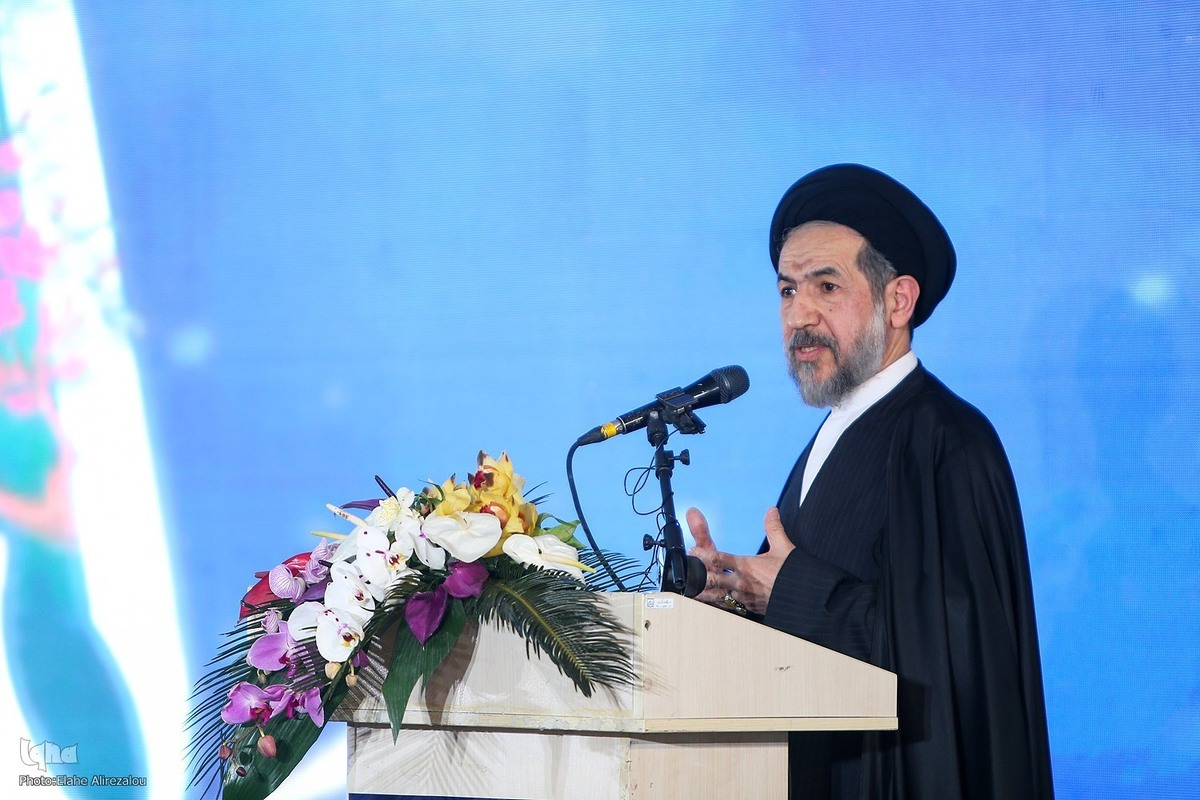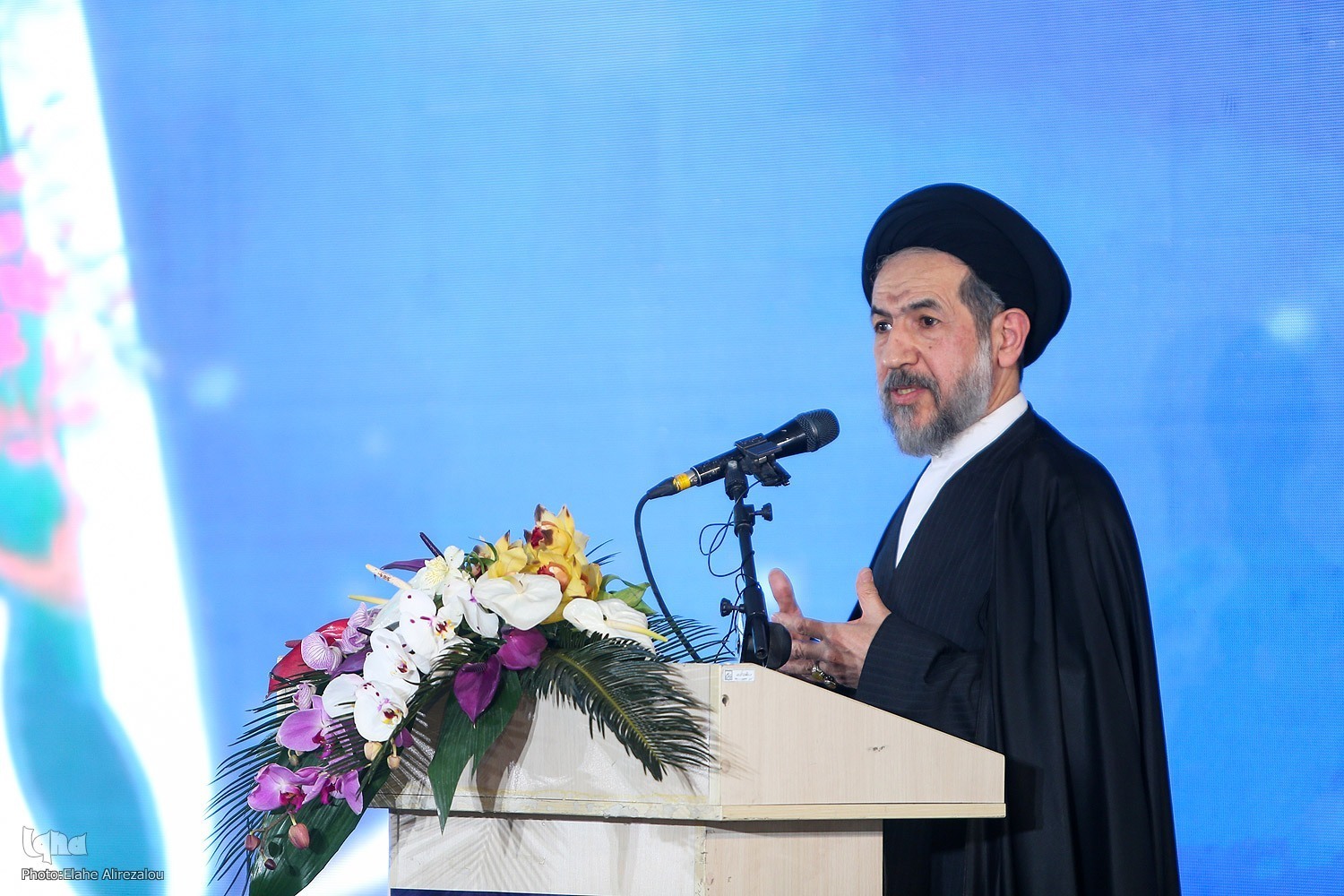Quranic Governance Is Based on Reason, Rule of Law: Cleric


Hojat-ol-Islam Seyed Mohammad Hassan Abutorabifard stated that based on the narratives found in these two chapters, namely Surahs Yusuf and Naml, about the lives of Prophet Joseph (AS) and Prophet Solomon (AS), one can conclude that the principles of governance are founded on the guidelines of the Quran, as well as on the basis of wisdom and law.
He made the remarks in an address to the opening ceremony of the 32nd Tehran International Holy Quran Exhibition on Wednesday.
He said the Quran holds the management of the political affairs of society, and it is expected that its reciters, memorizers, and devoted followers seek guidance from God and take advantage of the month of Ramadan to adorn themselves with the teachings of the Quran.
Hojat-ol-Islam Abutorabifard referred to one of the important areas mentioned in the Quran that plays a central role in the transformations of human societies, saying the area in question is governance.
The Quran contains a wealth of accumulated and dense knowledge in this field that senior, mid-level, and lower managers in society should pay special attention to, based on these teachings, he stressed.
“This is necessary in light of the Leader of the Islamic Revolutin’s directive, which emphasized that we must move beyond the stage of the Islamic Revolution and system-building towards the establishment of an Islamic government.”
He referred to Surah Yusuf and considered the teachings presented throughout this chapter as key points and benchmarks in the realm of governance.
He stated that rulers and decision-makers in the context of divine governance can rely on the insights offered in this Surah to pave the way for establishing a political system.
This surah speaks of a prophet who endures significant hardships and trials throughout his life, he noted.
“(Joseph) is thrown into a well, subjected to numerous accusations, and ultimately imprisoned. However, one must consider what circumstance and philosophy allow him to rise to the highest governmental position in Egypt after a considerable period of change, and what criteria govern this selection.”
Read More:
Hojat-ol-Islam Abutorabifard emphasized that the existence of a king at the helm of the Egyptian government, who was realistic and sought truth and righteousness, played a crucial role, despite the fact that Egyptian society was experiencing polytheism and was far removed from monotheistic beliefs.
“Nevertheless, it adhered to the rule of law, which facilitated this occurrence, allowing someone who had been unjustly accused to eventually attain a decision-making position in the governance of Egypt,” he went on to say.
4270014



